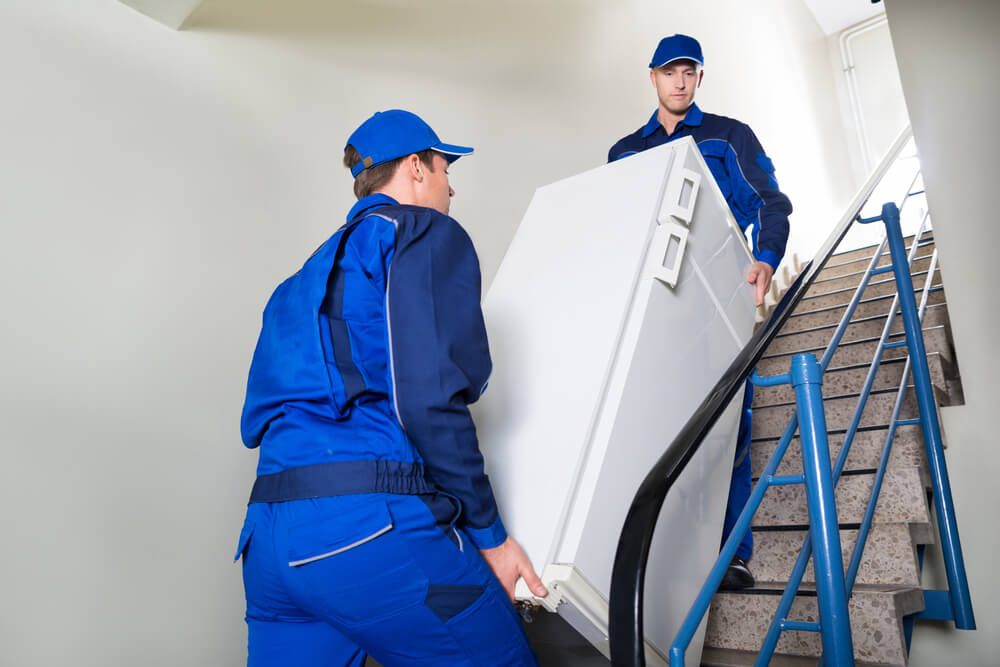
Moving can be overwhelming especially when you’re crossing state lines or relocating to the other side of the country. Fortunately, Tips for a Smooth Long-Distance Move offers insights that help simplify the process while saving you money. Whether you’re relocating for a job, family, or a fresh start, a strategic approach can make all the difference between a chaotic move and a seamless transition.
Start with a Solid Plan
The most successful long-distance moves begin with thoughtful planning. As soon as you know your move date, start organizing your timeline. Create a moving checklist that covers every task from securing a moving company to notifying utility services. Factor in deadlines, travel arrangements, and budget estimations. Early planning gives you the flexibility to compare prices and avoid last-minute costs.
Declutter Before Packing
One of the most practical ways to cut costs and reduce stress is by decluttering. Long-distance moving companies often charge by weight and volume, so the less you bring, the less you’ll pay. Sort your belongings into categories: keep, donate, sell, or discard. Holding a garage sale or selling items online can also offset moving expenses. Plus, starting fresh in a new home is easier when you’re not hauling unnecessary items.
Compare Moving Options
Hiring a professional moving company isn’t your only choice. Consider all transportation methods, including renting a moving truck, using portable storage containers, or opting for a hybrid move. Full-service movers offer convenience but come at a premium. If you’re on a budget, DIY options can save hundreds especially if friends or family can help. Always compare at least three quotes, and read reviews to ensure quality service.
Choose the Right Time to Move
Moving during peak seasons, weekends, or holidays can cost significantly more. If your schedule allows, consider relocating in the off season (typically between October and April). Weekdays and mid month moves are also more affordable and offer greater availability. Being flexible with your move date can unlock substantial savings.
Pack Smart and Save
Packing materials can quickly add up. Instead of buying boxes, look for free options from grocery stores, bookstores, or community groups. Use towels, blankets, and clothing to wrap fragile items instead of purchasing bubble wrap. Label all boxes clearly by room and contents this simple step can save hours when unpacking.
If you’re using a moving company, pack all non fragile items yourself. Many movers charge extra for packing services, so doing it yourself is a cost effective alternative. Make sure to pack an essentials box for your first few days, including toiletries, medications, chargers, and a change of clothes.
Handle Utilities and Address Changes Early
Another stress reducing tip is managing your utility transfers and address changes in advance. Schedule shut offs and start dates for electricity, water, internet, and gas to ensure you’re not paying for unused services or arriving to a dark, disconnected home. Update your address with the post office, banks, and subscription services to avoid missing important mail.
The FMCSA (Federal Motor Carrier Safety Administration) regulates commercial motor vehicles in the U.S., ensuring safety, enforcing rules, and protecting consumers during interstate transport and moving.
Protect Your Valuables
Long-distance moves involve greater risks of damage or loss. Consider additional insurance coverage if you’re transporting high value items. Take photos of electronics, furniture, and fragile belongings before packing them. This documentation can support claims if anything goes wrong. For irreplaceable documents or valuables, transport them personally if possible.
Stay Organized on the Road
If your move includes travel by car, plan your route, book accommodations in advance, and keep snacks, water, and travel essentials on hand. Keep important documents (rental agreements, moving contracts, IDs) within easy reach. Unexpected delays can happen, so plan with flexibility and allow extra time in your schedule.
Get to Know Your New Neighborhood
Once you’ve arrived, take time to explore your new community. Visit local shops, introduce yourself to neighbors, and find essential locations like grocery stores, hospitals, and schools. Settling in emotionally is just as important as the physical move, so give yourself grace as you adapt to the new surroundings.
Final Thoughts
Relocating across long distances doesn’t have to break the bank or your spirit. With proper planning, smart budgeting, and a proactive mindset, your move can be smoother than you think. Remember, preparation is key: the earlier you begin, the more in control you’ll feel.


